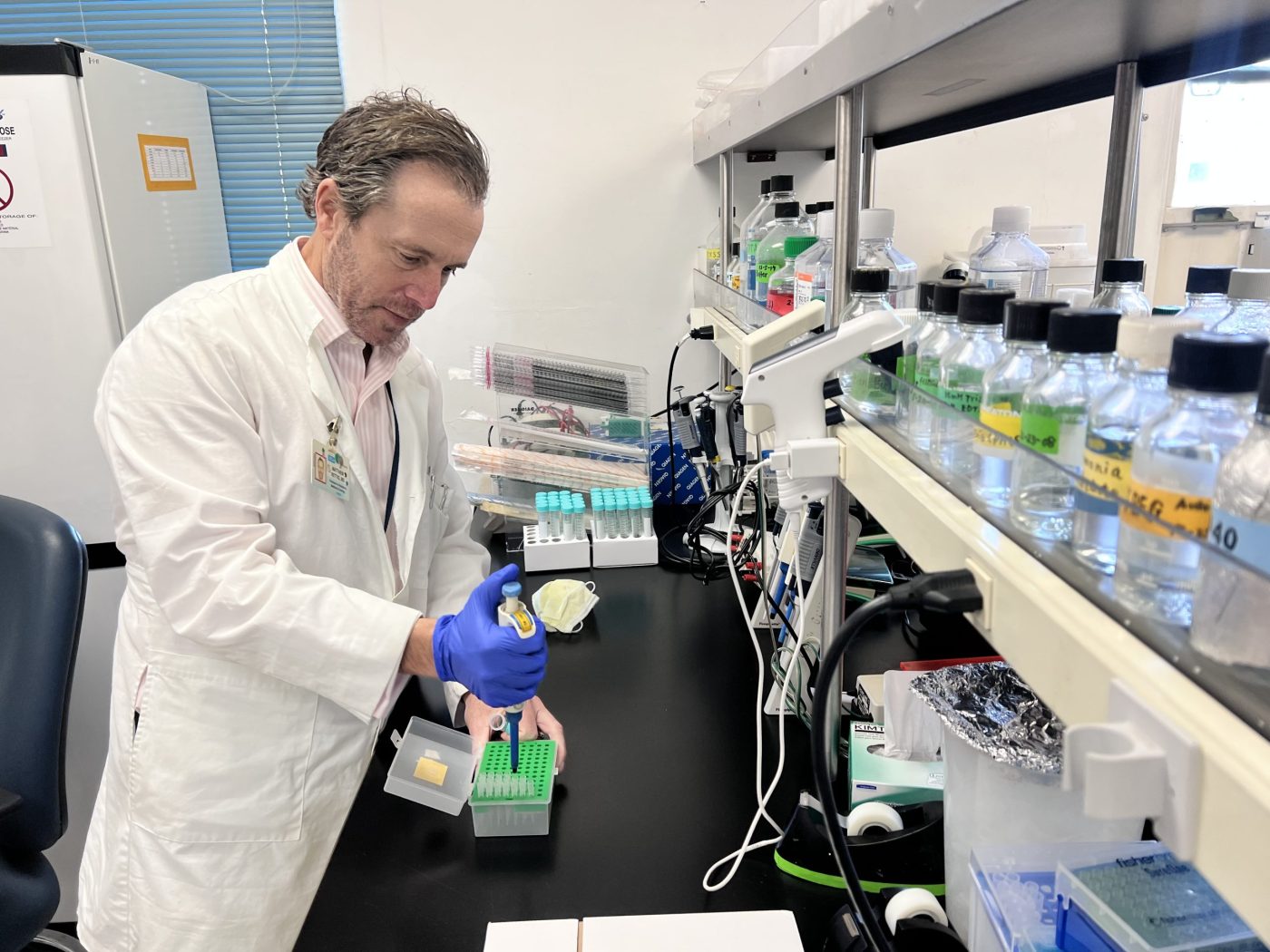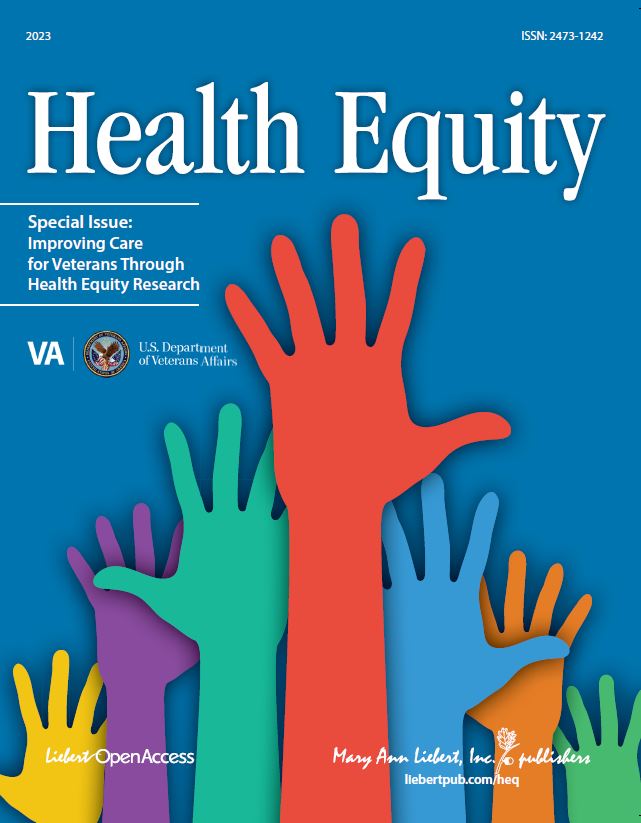TIME magazine has named Dr. Ann McKee, chief of neuropathology of VA’s Boston Healthcare System, to the 2018 TIME 100, the magazine’s annual list of the 100 most influential people in the world, announced April 19.
This recognition comes from McKee’s research into the long-term effects of concussion, sub-concussion and blast injury in contact sports with athletes and military Veterans, including Chronic Traumatic Encephalopathy (CTE), an ongoing disease of the brain that alters function.
“This acknowledgment from Time affirms the impact of Dr. McKee’s years of research for VA,” said VA Acting Secretary Robert Wilkie. “Her work shifted the prevailing thought regarding head trauma, demonstrating that ‘mild’ particularly repetitive head trauma is not just an acute injury. It can provoke a persistent and progressive neurodegeneration CTE that continues long after the traumatic exposure.”
A board-certified neurologist and neuropathologist, and recipient of a host of awards for her research, McKee has published over 70 percent of the world’s cases of CTE ever reported.
“Research on CTE began with a VA patient, and from that first case of CTE, morphed into a tremendous research effort involving many other organizations,” McKee said. “It has taken medical researchers and scientists working with business to detect where it first starts — on the battlefield and sports field.”
McKee is credited for creating the VA – Boston University – Concussion Legacy Foundation (VA-BU-CLF) brain bank. The organization is the world’s largest repository of brains from individuals exposed to traumatic brain injuries (over 550) and neuropathologically confirmed CTE (over 320).
McKee did her undergraduate studies at the University of Wisconsin and received her medical degree from the Case Western Reserve School of Medicine. She completed her residency training in neurology at Cleveland Metropolitan General Hospital and in neuropathology at Massachusetts General Hospital.
In addition to her role as Boston VA’s chief of neuropathology, McKee directs the brain banks for the BUADC, Framingham Heart Study and Chronic Effects of Neurotrauma Consortium, which are all based at VA Boston.
She concurrently holds the titles of professor of neurology and pathology at Boston University School of Medicine; director of the Neuropathology Core and associate director for the Boston University Alzheimer’s Disease Center (BUADC); and director of the BU CTE Center.
Topics in this story
More Stories
On Thursday, June 20, 2024, VA joined more than 20 federal agencies to release its updated 2024-2027 Climate Adaptation Plan.
As part of a new research study that began July [...]
WASHINGTON ― The Department of Veterans Affairs Office of Research [...]







Natural cures are safer and the VA should offer information on them to those on cronic pain prescriptions along with information on any side effects.
Dr.McKee is to be admired for her work in researching the cause(s) of CTE. I would be interested to know whether anyone is researching the effects of a physically abusive childhood and the relationship (if any) to CTE. I, along with several siblings, survived a brutal childhood and have lost memories of most of my childhood, my time in the service, and now (at the age of 72), my day-to-day life. Hopefully, children in future will have hopes for a better outlook.
I second that. Thank you for sharing your personal trauma that you endured.This also pertains to car accidents, assaults, skate boarders, and the victims of the infamous knockout game. Any significant head trauma to the brain. I’m so grateful for VA staff that strive for answers and who are motivated to improve/expand research.